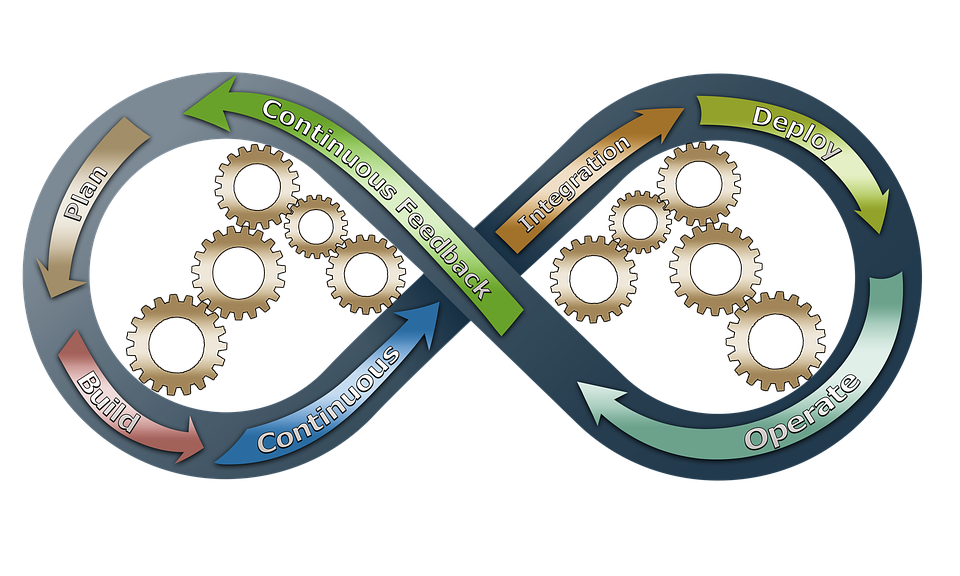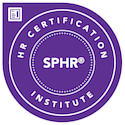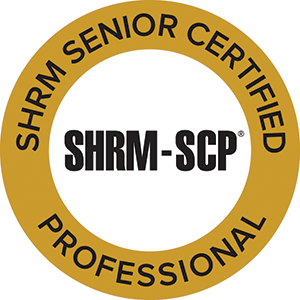Despite the fact that leaders and employees alike dread the annual performance review, a 2018 survey by research firm WorldatWork found that 80% of companies still use a formal performance review process.
Employees need to know how they’re doing. And they shouldn’t have to wait to some future date to get that feedback. No news is NOT good news when it comes to keeping employees engaged (by acknowledging their accomplishments) and keeping your team and organization on track (by addressing performance issues). A review meeting once a year is not effective. In fact, research shows that annual employee reviews have minimal if any effect on individual or organizational performance.
So what’s the alternative?
Make performance management a process not just an event. Give employees regular, timely feedback. Be specific. Acknowledge their accomplishments and share how their performance positively impacted the team and/or organization. Discuss any issues “in the moment” to help reestablish expectations and initiate the improvement process sooner rather than later. If you allow a performance issue to continue without bringing it to the employee’s attention, he or she may not even realize it’s a problem.
Adopt a coaching mindset. Feedback shouldn’t be a report card, but rather a development tool. Help your employees build on their strengths and develop in the areas where they are not as strong – relative to the needs of the organization – today and tomorrow – and to their own career goals. When there’s an issue, ask good questions to determine the root cause – is it an ability issue? A training issue? An attitude issue? Then mutually decide the appropriate solution.
Ask for their feedback. Create an environment where employees seek feedback and view it as a growth opportunity. Do this by setting the example. Ask for their feedback – “What can I do better?” “How can I help you?” – and then act on it, as appropriate.
Effective leaders work on helping their employees develop and grow, and also work on growing themselves in all the skills and competencies they need to successfully lead their teams and organizations. This takes focus. Daniel Goleman, author and psychologist, says that leaders need three kinds of focus: Inner Focus – the ability to monitor your own thoughts, feelings and emotions; Other Focus – the ability to empathize with others; and Outer Focus – the ability to understand larger forces or systems.
Tune in next time when we’ll look at how you incorporate these three focus areas into your performance management conversations.



